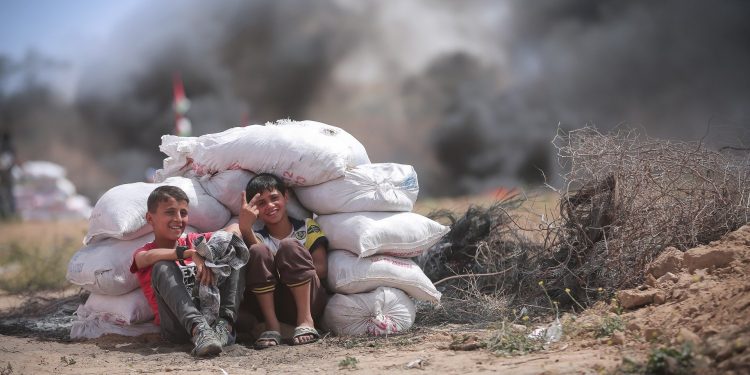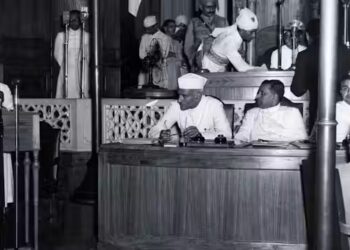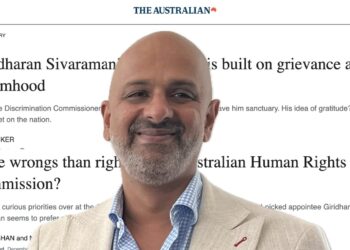Conflict engendering from abrupt and senseless geographical lines drawn by colonial powers cannot be resolved by modern nation-states turning into colonisers themselves.
Mudit Vyas
Image by hosny salah from Pixabay
Advocating for the rights of Palestinians or Kashmiris does not, in any way, take anything away from the consensus that the Semitic people of the world suffered unimaginable levels of displacement and mistreatment in the early to the mid-20th century. It doesn’t take anything away from the advocacy for the Kashmiri Pandit diaspora either.
Identities are complicated. Especially the identities that drive a kind of nationalism that is grounded in self-determination. People inhabit a land first; the name for their collective national identity always comes later. Before the idea of the word “India” was consecrated in 1947, South Asia was a land of over 500 imperial states under one colonial rule. We often speak of the violence that the partition of India triggered. We need to address the effects of the integration as well. Each state that joined/acceded to the union of India acceded with a certain set of rights pre-agreed upon. If we have a patriotic sense of respect for the “union”, we need to have a similar sense of respect for all of its parts as well.
We were still here before the lines were drawn, and new names were assigned to national identities. We might have lived in peace; we might not have. A majority’s imposition of a certain identity on a minority, though, should not have any acceptance in contemporary times. Conflict engendering from abrupt and senseless geographical lines drawn by colonial powers cannot be resolved by modern nation-states turning into colonisers themselves. The anti-racist way to go about it would be to recognise that nobody benefits from making over 4.5 million people in Palestine and over 7 million people in Kashmir stateless.
Mudit Vyas is a graduate research student at Monash University. He studies representation in creative industries like the media and sports.
The views and opinions expressed in this article are those of the authors and do not necessarily reflect the editorial views or position of NRI Affairs.











